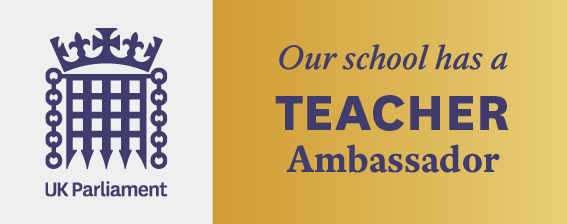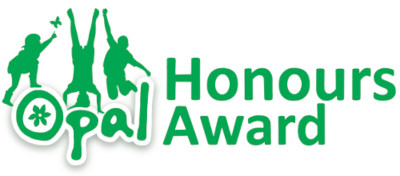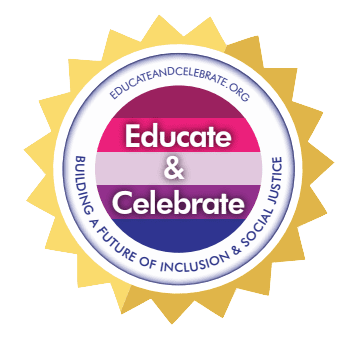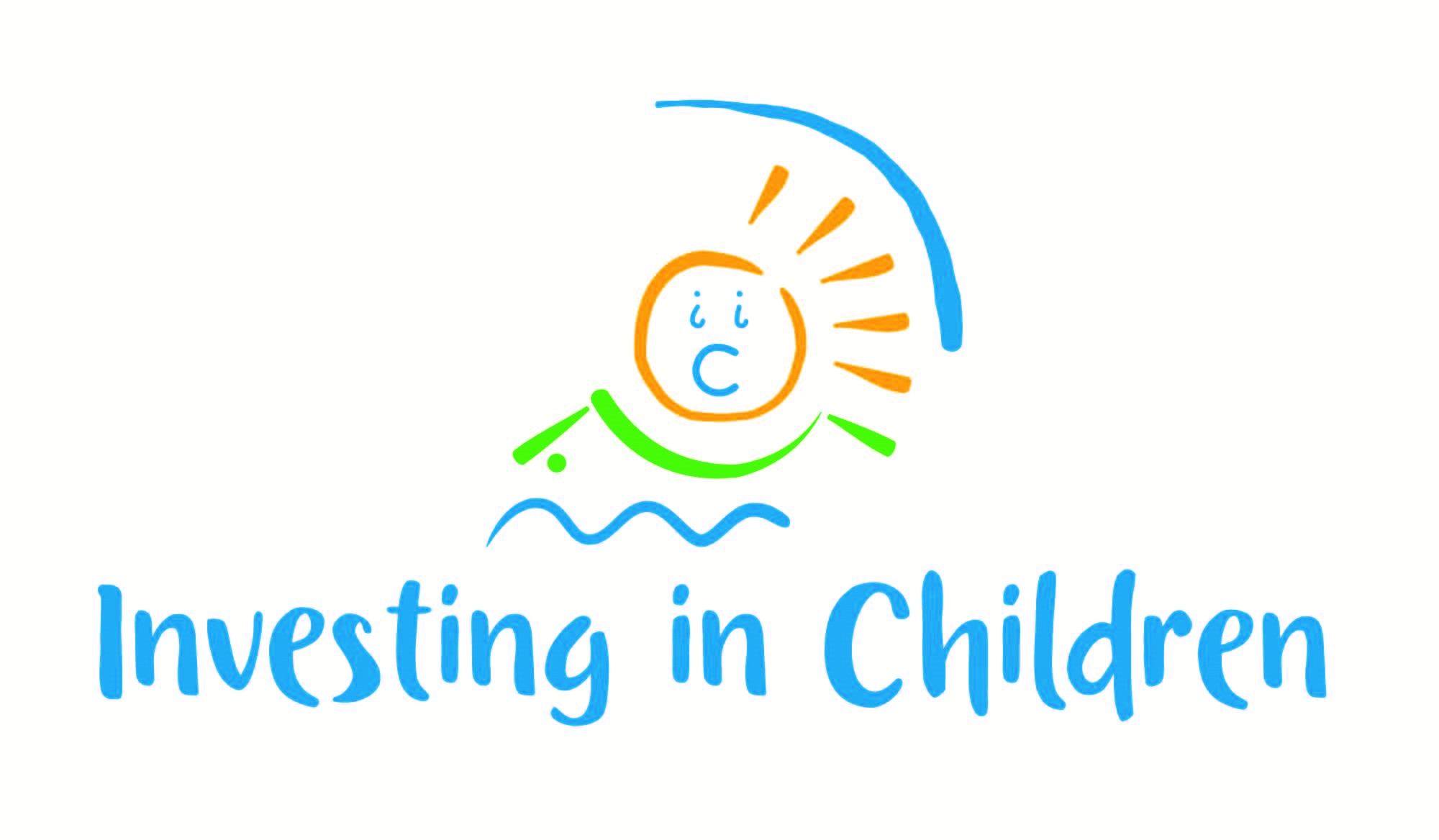Cultural Capital
Cultural Capital prepares children for their future in terms of their aspirations and life chances. At Esh Winning we recognise that all children come into our setting with varied experiences dependent on their own family circumstances and opportunities they have experienced.
Children’s Early Years journey begins with a home visit from their Nursery Teacher and Early Years Lead. This allows the setting to build a picture of the children in their own homes, using this knowledge to inform future planning.
Through the seven areas of learning Early Years staff provide exciting and stimulating activities that are ‘hands on experiences’ in a nurturing and stimulating environment. Experiences are planned to ignite a love of learning and wherever possible those experiences will be extended through;
- Visits, trips and experiences in the local community
- Visitors to Early Years from different career roles
- Using role play areas to further ideas and interests
- Taking trips to story telling sessions, theatres, the seaside etc.
SMSC
SMSC is intrinsic in the Early Years curriculum at Esh Winning. On a day-to-day basis children’s spirituality is encouraged through a nurturing environment. With supportive staff, the experiences presented to children fosters an innate curiosity for their surrounding world. Children’s moral development is encouraged continually in Early Years when they are urged to make choices to reflect their understanding of right and wrong. Interactions with other children develop hugely in Early Years when friendships begin and consideration for others’ needs are taken into account. It is an important period when children begin to develop their own sense of identity and learn to celebrate that and their achievements with others. As well as sharing and discussing our own cultures and traditions, children also benefit from celebrating other cultures through exploration of festivals and important traditions throughout the year.
British Values
We consider everyone’s opinions in Early Years and use democratic practices to make choices as large groups and we are free to make choices as individuals. We show mutual respect and tolerance for others and accept each other’s differences in our play and learning, as well as developing confidence in our own ability. We understand that there are rules in place and use Classroom Charters that we have developed together. We know that not following rules can have consequences.








![Music-Mark-logo-school-right-[RGB]](https://eshwinning.durham.sch.uk/wp-content/uploads/2021/05/Music-Mark-logo-school-right-RGB-1.png)

